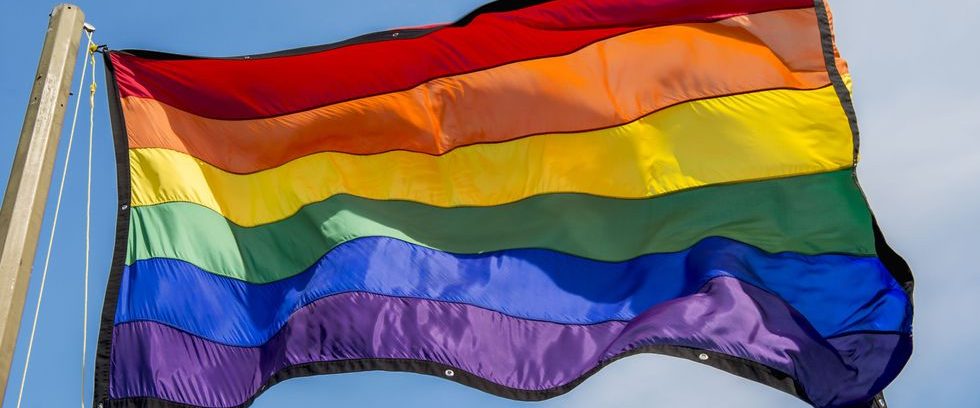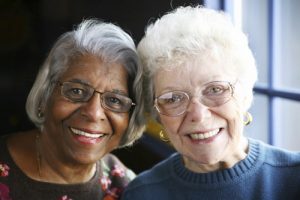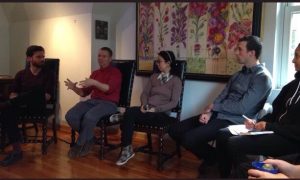Search

A report by Sauvé Fellow Daniella Barreto:
On October 17th, the Fellows participated in a workshop about how individual stereotypes and misinformation lead to to institutional oppression towards LGBTQ2S+ communities. In the afternoon they participated in a leadership encounter with Julien Rougerie of Fondation Emergence, Tynan Jarrett formerly with SEDE (Social Equity and Diversity Education Office) at McGill, and Kimberly Wong from AIDS Community Care Montreal (ACCM).
Employment equity
The mission of a university is to be of service to society through fair admissions and the hiring of academic and support staff who can relate to the student population and cater to their needs.

Universities are also the gatekeepers to equitable employment and inclusive service provision. They provide the training to people who will go on to work in many different professions, including student support (e.g. counsellors). By ensuring that admissions are representative and inclusive of marginalized populations, it will eventually help to ensure that students receive appropriate and meaningful support, especially if they come from a subset of society that is often “othered”. It is important to centre the people who are the most marginalized within universities and make it possible for members of these groups to access higher education that works for them, particularly when it comes to Indigenous populations. Despite some progress on the issue, some roadblocks still exist such as old institutional models of how “excellence” is defined and universities often fail to take into account many other kinds of excellence which are new and emerging and which fall outside of the mainstream.
LGBTQ+ Elders
Fondation Emergence began the International Day Against Homophobia and Transphobia (IDAHOT), which has exploded into a global celebration every year. Among other tasks, the organization’s core work involves combating exclusion through training staff at retirement homes to be more sensitive and inclusive to the needs of elderly LGBTQ2S+ people. Moving into these homes can prompt a kind of “return to the closet” for LGBTQ2S+ elders who must now live with others who may hold homophobic or transphobic views.

It is also important to acknowledge the stark contrast between the lived experiences of the elder LGBTQ2S+ community versus the youth of today. While many elders have lived through a long era of criminalization and discrimination, the younger LGBTQ2S+ generation might fail to connect with that struggle as their basic rights had seemingly already been “won” or “secured” by the time they became aware of their own identity. Julien from Fondation Emergence spoke on the deep need for intergenerational connection as this will provide hope and direction for those who are involved in the ongoing efforts for equitable representation and meaningful inclusion of the LGBTQ2S+ community in today’s world.
LGBTQ+ Youth
Many young LGBTQ+people today are attuned to the concept and importance of intersectionality. Intersectionality is the idea that individuals inhabit different social positions that can overlap (e.g., Black, queer, trans) and this overlap creates a lived experience that is different and inseparable from each individual identity. By lifting up the most marginalized voices within marginalized groups we contribute to making spaces safer for everyone. This requires centering queer and trans BIPoC voices (Black, Indigenous, and People of Colour). The two organizations listed below help to address issues of exclusion based on gender and/or sexuality in Montreal. Kimberly Wong spoke to the Fellows about:
SILK (Sexual Information Leads to Knowledge): a program for Montreal anglophone high schools that strives to create safer school environments for all youth. This program addresses the harms of discrimination and how homophobia and transphobia also affect students who may not even be queer or trans. (e.g., insults or derogatory names based on sexual or gender identity).
ACCM is an English organization that works to support HIV/Hep C education and people living with HIV/HepC in Montreal. Jeunes Queer Youth is a program that helps to develop strong queer and trans leaders. Experiencing many different kinds of oppression determines who achieves success and who does not; this program aims to bring together young people with intersectional experiences to produce the programming they feel they need.
An overall observation of the conversation between the Fellows and the panel was that even though very fast, narrow changes have occurred for the LGBTQ2S+ community, social inclusion remains distant despite the fact that being non-heteronormative has been decriminalized in many parts of the world.


